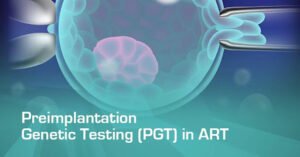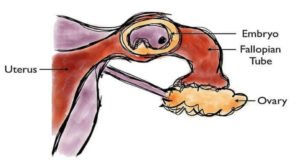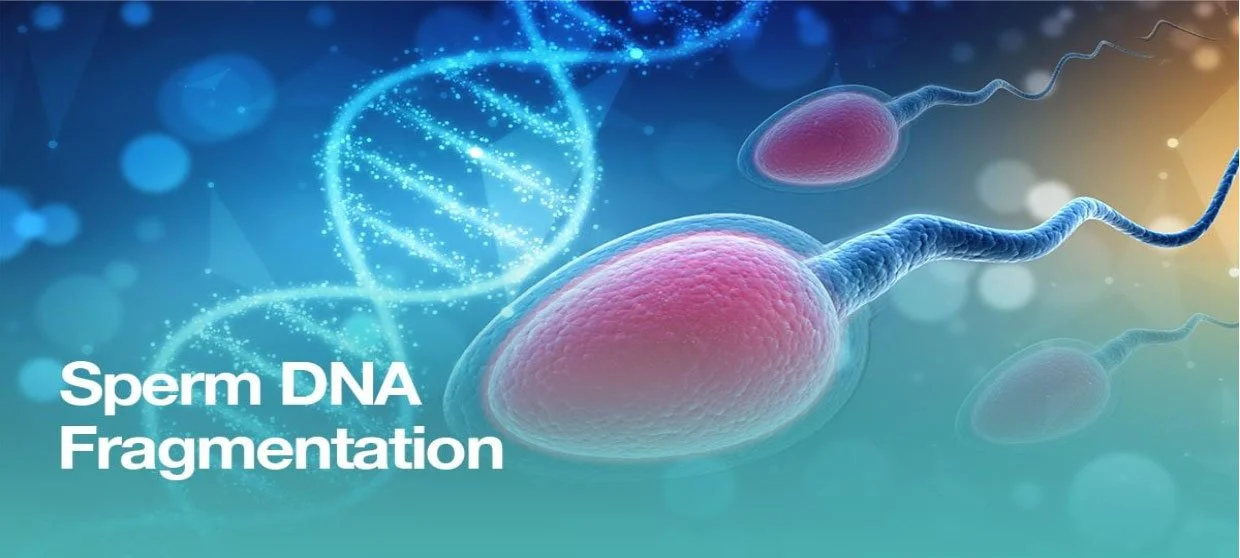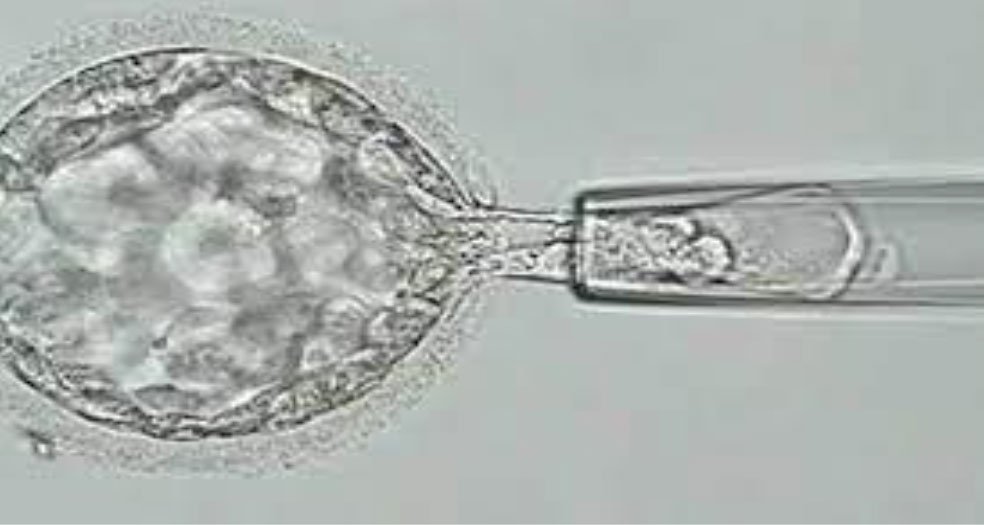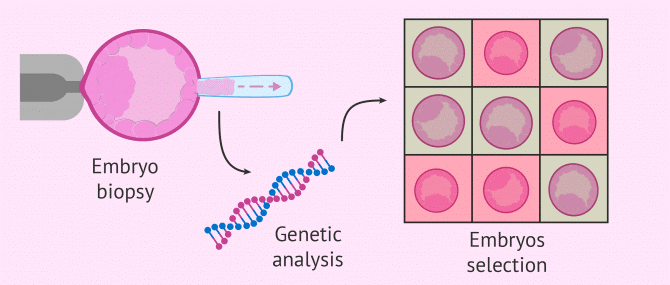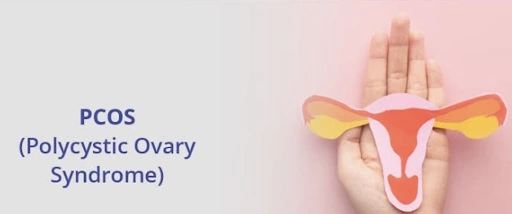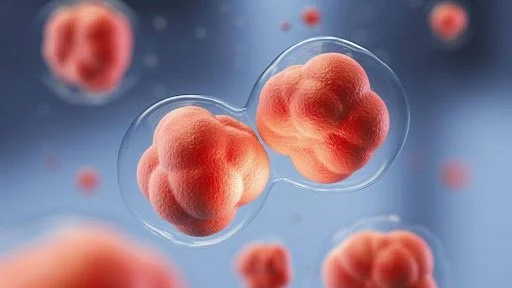Endocrine Assessment what is it?
How does it affect fertility?
Endocrine Assessment- Hormone tests were carried out as part of the first examination of women seeking reproduction treatment is known as endocrine evaluation also known as an endocrine profile, is a blood test to measure the levels of many hormones in the blood, including oestradiol,
progesterone, prolactin, testosterone, thyroid function & anti-mullerian hormone (AMH).
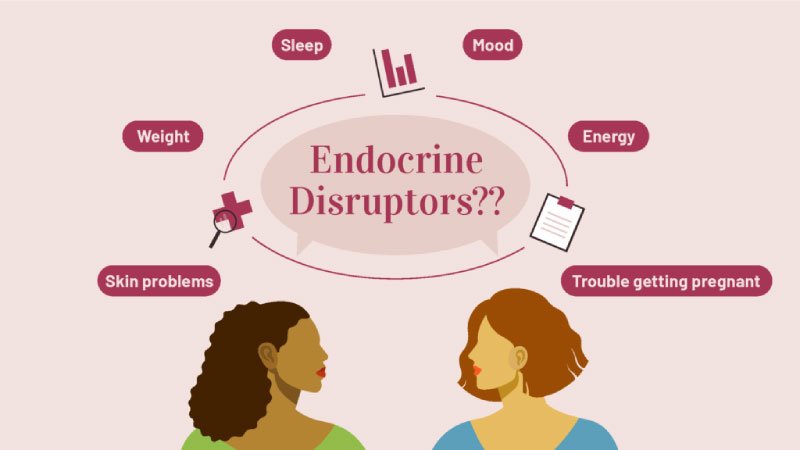
How do hormone imbalances affect fertility & what causes them?
Hormones levels can be impacted by unhealthy lifestyles:
- Stress
- Excessive exercise
- Abnormal weight (BMI 19 or above)
These problems may lead to irregular menstruation, affecting egg
maturation, ovulation and pregnancy implantation. More crucially, any direct or
indirect health issue affecting the reproduction system, particularly the ovaries &
tests can cause hormonal imbalances, which can suggest a person’s incapacity
to release eggs or generate healthy sperm.
What part do different hormones play in the process of reproduction:-
- FSH: promotes development of follicles and egg from the immature stage to the mature stage.
- LH: development & release of eggs.
- Oestradial: it comes from the follicles that are growing. Estradiol plays an important role in development of endometrium which is the uterine lining.
- Progestrone: Fosters an environment that is conducive to the establishment of a pregnancy or the implantation of an embryo.
- PRL: Prolactin levels can frequently rise, which may prevent ovulation or the release of eggs.
- AMH: one of the finest tests to gauge ovarian anti-mullerian hormone reserve is this hormone, before beginning fertility treatments such as assisted conception or IVF, it is almost always checked.
Takeaway:- Endocrine assessment is a crucial process that helps doctors to
identify hormonal imbalances that can lead to various health conditions.
Conclusion:
Overall, endocrine assessment plays a critical role in
maintaining overall health & well-being.
REVIVA Fertility & IVF Clinic is one of the best fertility clinics in CHD. If you want to know more about endocrine assessment or still have questions, call us at 9915004407. We are here to help.








